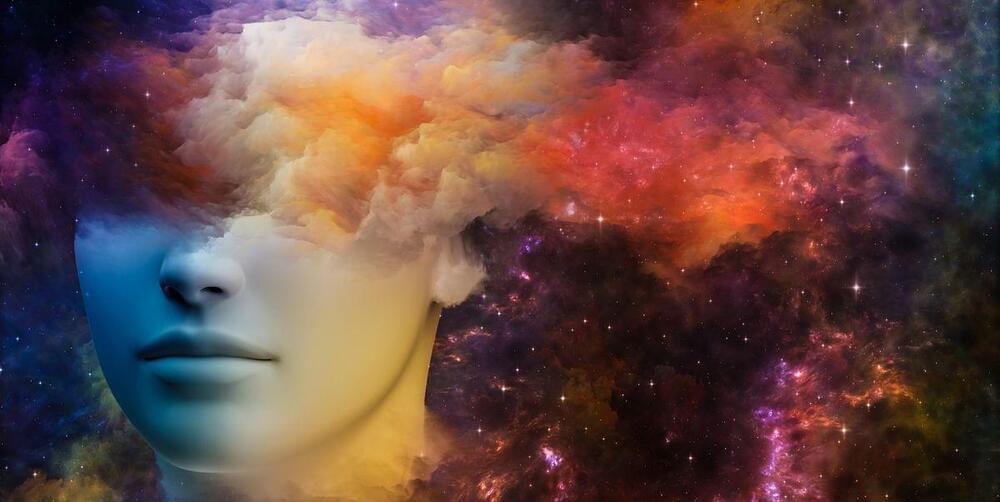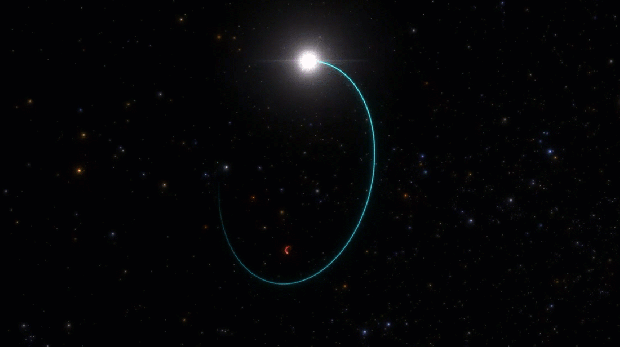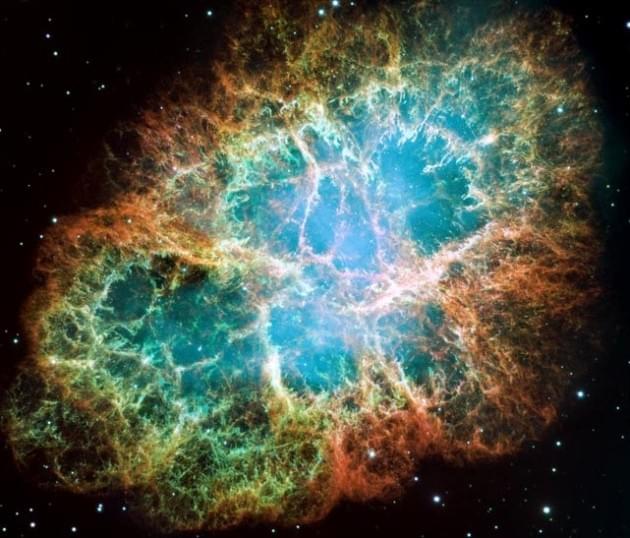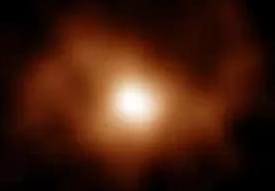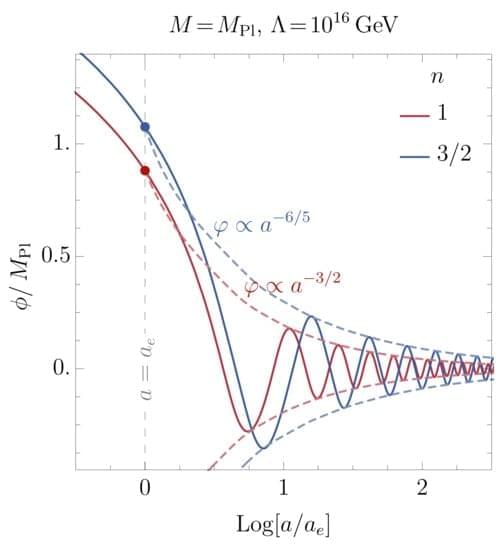Since superfluid light exists in computers I think frankly we may already solve the theory of everything because the missing piece is infinity in all things which solves all future problems.
Thinking of spacetime as a liquid may be a helpful analogy. We often picture space and time as fundamental backdrops to the universe. But what if they are not fundamental, and built instead of smaller ingredients that exist on a deeper layer of reality that we cannot sense? If that were the case, spacetime’s properties would “emerge” from the underlying physics of its constituents, just as water’s properties emerge from the particles that comprise it. “Water is made of discrete, individual molecules, which interact with each other according to the laws of quantum mechanics, but liquid water appears continuous and flowing and transparent and refracting,” explains Ted Jacobson, a physicist at the University of Maryland, College Park. “These are all ‘emergent’ properties that cannot be found in the individual molecules, even though they ultimately derive from the properties of those molecules.”
Physicists have been considering this possibility since the 1990s in an attempt to reconcile the dominant theory of gravity on a large scale — general relativity — with the theory governing the very smallest bits of the universe—quantum mechanics. Both theories appear to work perfectly within their respective domains, but conflict with one another in situations that combine the large and small, such as black holes (extremely large mass, extremely small volume). Many physicists have tried to solve the problem by ‘quantizing’ gravity — dividing it into smaller bits, just as quantum mechanics breaks down many quantities, such as particles’ energy levels, into discrete packets. “There are many attempts to quantize gravity—string theory and loop quantum gravity are alternative approaches that can both claim to have gone a good leg forward,” says Stefano Liberati, a physicist at the International School for Advanced Studies (SISSA) in Trieste, Italy.

